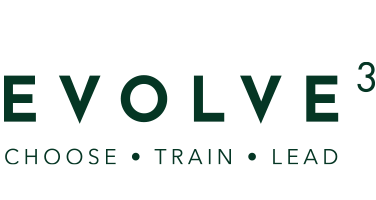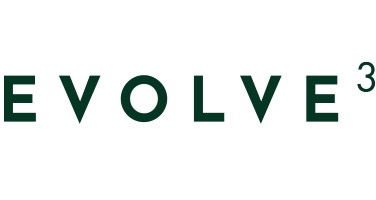
09 Jul How to manage your time like an Army General
Making the best use of time is a critical skill for all managers to master.
U.S. Army General Dwight D. Eisenhower used a decision-making matrix as a guide for deciding on the best use of his time and directing his effort toward things that were mission-critical. In a business context, the matrix is helpful for focusing our efforts on activities that contribute to the long-term growth and development of a business – the true mission of a manager.
The four quadrants of the Eisenhower Matrix – as seen in the graphic above
We can divide our different activities into four categories, depending on their importance and urgency. Importance is related to long-term strategic goals. On the other hand, urgency is the pressing need for action, like a ringing phone, which may not relate to your long-term mission but calls for urgent attention regardless.
Quadrant One – important and urgent
Problems and crises needing immediate attention fall into quadrant one. If these problems are neglected, you will be in trouble. For example, if you have an important meeting and you don’t attend, you’ll likely have a major problem. All crises, deadline-driven activities, last minute preparations or assignments, important customer meetings, firefighting and corrective activities are in quadrant one.
Quadrant Two – important, but not urgent
Activities in this quadrant deserve our utmost attention because they’re directly related to our mission. A challenge for many managers is that because there’s no sense of urgency about them, these activities are put-off due to day-to-day distractions competing for their attention. Working on this quadrant is the key to effectiveness.
Consider this list of important management responsibilities –
- a clear business development plan covering the next 5 years
- an effective marketing plan
- maintaining quality control systems
- sales control system
- recruitment system
- training system
- wage cost control system
- cost of goods control system
- overhead cost control system
- productivity control system
- succession planning
- preventative repairs & maintenance schedule
Truly effective managers schedule regular time to focus on the above issues, while delegating less important items that appear in the next quadrant.
Quadrant three – urgent, but not important
These are all things which may be important for others but are not related to our own mission or goals in any way. These are mere time-wasters. Unnecessary calls, interruptions, emails and unprepared meetings without an agenda are included in quadrant three.
Quadrant four – the combination of not important and not urgent
Extensive and mindless internet surfing, workplace gossip and other escape activities are all in quadrant four. They eat our time away and produce no benefit for our long-term goals.
The key to successful time management
Think of some work activities which will bring about phenomenal improvement in your life and work if you do them well and consistently. For instance, training and developing your team and coaching them to reach their full potential. To which quadrant do these activities belong? If you said quadrant two, you’re spot on.
You’ll do yourself a huge favour if you say no to quadrants three and four, and focus your effort like a laser in quadrant two. If you work hard on quadrant two, with focus and consistency, it will minimise the size of quadrant one. You’ll have fewer emergencies; less problems and fewer corrective measures will be needed because you will have correctly worked on preventative measures in quadrant two.
Quadrant one acts on us, while we act in quadrant two. The activities of quadrant two, which matter the most, should never be placed at the mercy of quadrants three and four, which matter the least.



